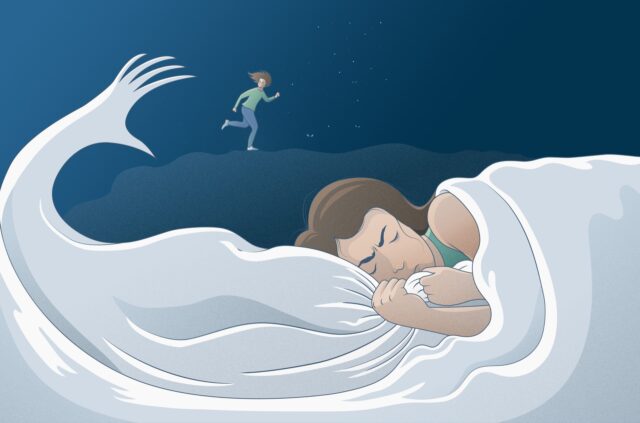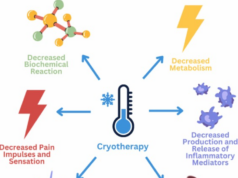Are you feeling down after an accident? Have you found yourself wondering, “should I seek therapy after being injured?”
If you’re dealing with accident trauma, you aren’t alone. It is quite common for accidents and injuries to cause mental health difficulties.
If you feel that your post-accident stress is taking a significant toll on your life, you shouldn’t suffer in silence. There is a better life ahead for accident survivors; you might just need a little help reaching it.
Most participants in traffic accidents face various psychological problems, which can be very dangerous if they are not treated in time. In addition to material damage, a car crash primarily leaves physical and psychological consequences on the individual, on his work environment, on the family and social environment. At the same time, the perceived threat to physical integrity and life has a higher risk for the development of psychological consequences, more than the very nature of the traffic accident.
Keep reading, and we’ll tell you about 5 signs that your accident or injury is affecting your mental health. If you experience any of these signs, don’t hesitate to reach out and get help.
1. Adjustment Disorder
Depression after a crash is common. When your depression interferes with your ability to function normally, it becomes clinical. Depression is a common mental disorder characterized by depressed mood, loss of interest or pleasure, decreased energy, feeling guilt or insufficient value, sleep disturbance or appetite, and poor concentration.
Depression as the result of an unexpected life event is called adjustment disorder. After being diagnosed with adjustment disorder, you may want to seek out therapy and/or medication to help you cope.
2. Social Isolation
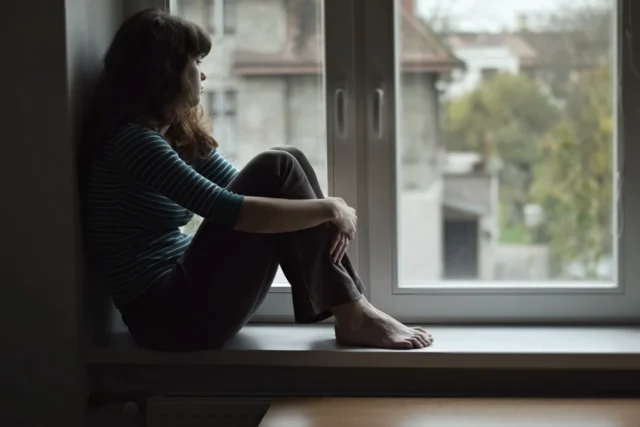
It is very common for a car crash to leave you socially isolated. Accidents can limit your mobility, and thus have an adverse effect on your ability to participate in work, school, and social events.
After an accident, it is vital to surround yourself with friends and family who care for you.
3. Feeling Useless or Helpless
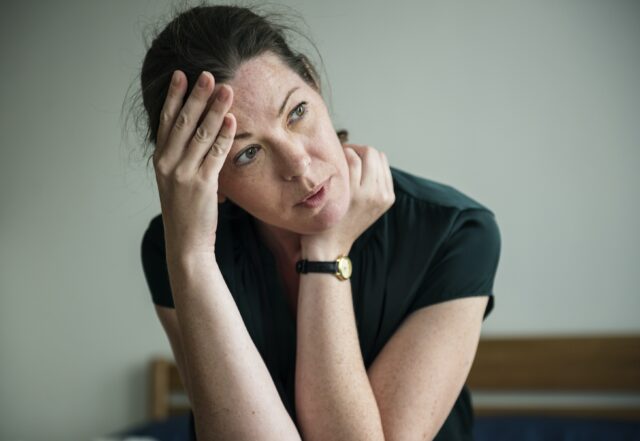
When your mobility is limited, it can sometimes make you feel helpless, useless, or like a burden on others. Talking to a therapist about these feelings can help keep your insecurities from becoming a full-blown depression.
Remember, everyone requires care after a collision. Your friends and family are in your life to take care of you when you need it.
4. Anxiety and Panic
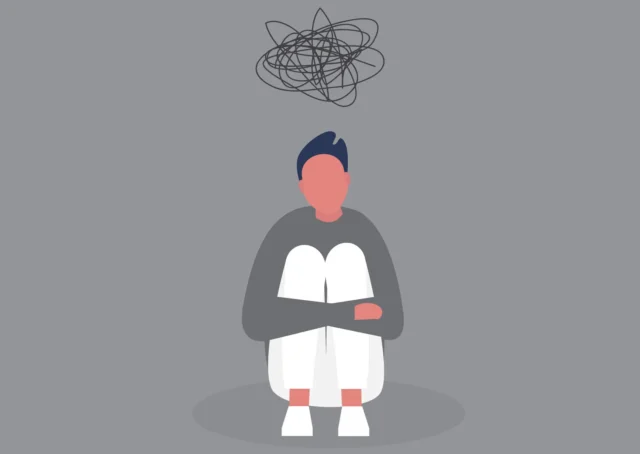
Anxiety after an injury is extremely common. An accident can make you feel like you have no control over your life, or like the world is an inherently unsafe place.
If your anxiety makes it difficult for you to accomplish basic tasks, or if you experience panic attacks, you should reach out to a mental health professional.
5. Post-Traumatic Stress Disorder
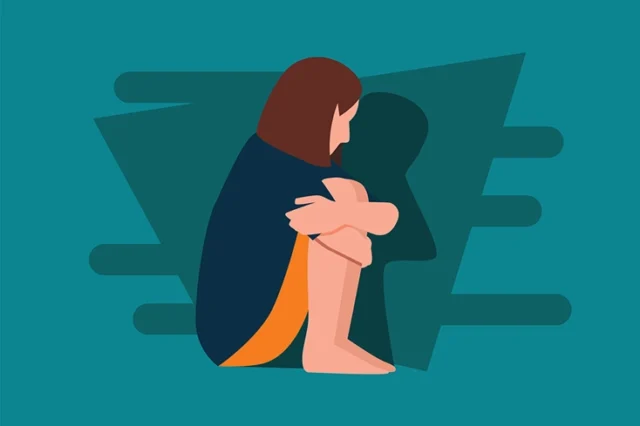
Sometimes, collision anxiety can turn into PTSD. PTSD is characterized by upsetting flashbacks, panic attacks, and constant feelings of anxiety. You should always seek professional help for PTSD.
If you’re filing a personal injury claim, make sure your lawyer knows about any PTSD diagnosis that you receive as this could be vital to your case.
6. Fear of driving

Fear of driving after a car crash is very common. What happens is that people cannot overcome fear for fear of experiencing the same thing again. Avoidance does not solve fear, because when we avoid something that scares us, fear and anxiety only increase. For this reason, many opt for psychotherapy in the hope that the help of a professional will help them overcome the fear present.
Loss of quality of life has been described as a major consequence of accidents. Accidents in road traffic accidents greatly affect the psychophysical functioning of the injured, with the psychophysical consequences for accidents related to the socio-demographic and socio-economic characteristics of the injured, the lifestyle and habits of the injured before the accident, and the psychophysical characteristics of the injured before the accident.
7. Nightmares
An interesting fact is that many recover more easily physically than mentally. A common occurrence is nightmares in which people experience a collision again, trying to react differently and escape it in their sleep. As for waking up and nightmares, it is a clear attempt of the organism to work out that situation and find a solution, and that is exactly what can be obtained in a conversation with a psychologist, for the organism to accept the newly created situation.
The worst is for those who survive an accident that leaves behind severe injuries or fatal consequences, but also for families who lose someone in such accidents because, in addition to trauma, there is also a process of grief. Many forget that accidents do not only damage “mechanics”, ie cars and human bodies, but also the psyche, which in some cases is much harder to recover from physical injuries.
Don’t Let Accident Trauma Rule Your Life
Accident trauma can feel overwhelming, but anyone can tackle it with the right tools. Don’t be afraid to reach out to a therapist who can teach you valuable mental health coping skills.
If you are pursuing an accident settlement, don’t forget to talk to your attorney about your mental health issues.
Collisions can be talked about indefinitely, about statistics, about material damage, injuries, fatalities, and they are all specific and differ from case to case. Each of them carries with it consequences, both for the individual and for the community.
The way people experience stress varies from person to person, which further complicates diagnosing the disease. Many people around the environment do not let them know that they are shaken by some unfortunate event, but it corrodes them and occupies their thoughts. Yet sooner or later the problem comes to the surface.
A car crash can happen to anyone at any time. What is important is that we understand that the consequences for mental health are certainly expected and that few people manage to cope with this situation without experiencing some kind of trauma, depression, or anxiety.
For more mental health tips and life advice, check out the rest of our blog.



